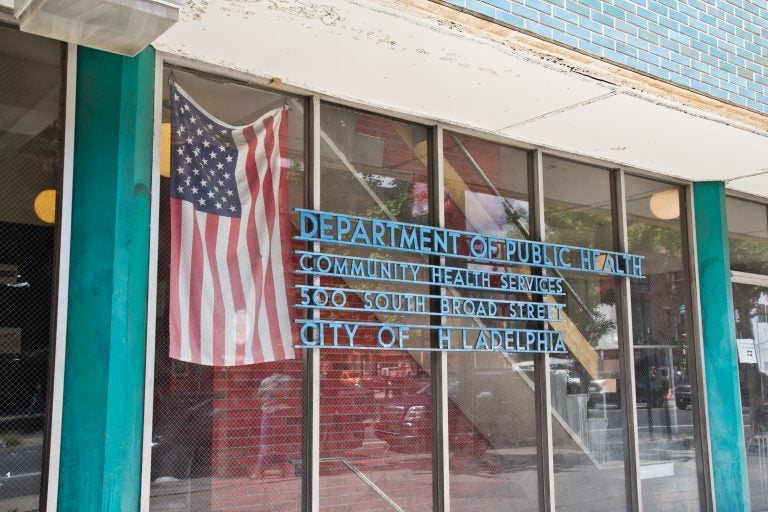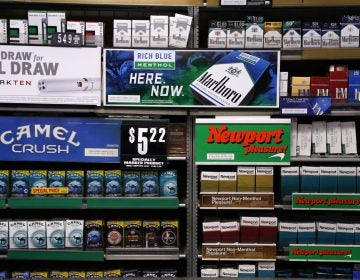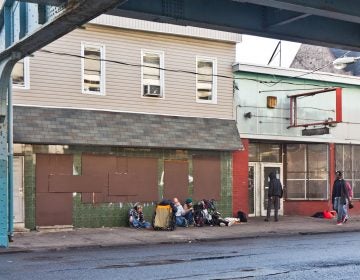Philly declares public health emergency as Hepatitis A infections surge
Facing a surge in Hepatitis A infections, Philadelphia has declared a public health emergency.

Philadelphia’s Health Center #1 at Broad and Lombard streets. (Kimberly Paynter/WHYY)
Facing a surge in Hepatitis A infections, Philadelphia has declared a public health emergency.
The city is calling on health care providers, as well as government and non-government agencies, to help vaccinate residents with the “greatest risk” of contracting the liver disease — including drug users, homeless people, and recently released inmates.
Those who have had close contact with them should also be vaccinated, said Health Commissioner Thomas Farley.
The city usually sees between two and six cases per year. Since January, the department has been notified of 154 cases, the highest total in more than a decade.
“Most in the last few months and we expect more to come after that,” said Farley.
Hepatitis A is caused by a virus typically transmitted person-to-person through the fecal-oral route or consuming contaminated food or water.
“That is to say if someone has just a minute amount of feces on their hands coming from another person and they get that in their mouths they can get the infection,” said Farley.
The city is advising people with Hepatitis A to wash their hands before eating and use condoms.
As part of the Philadelphia Resilience Project, the city plans to install public toilets and hand-washing stations in neighborhoods struggling with drug-related homelessness, including Kensington, the epicenter of the city’s opioid crisis.
The Associated Press contributed reporting.
WHYY is your source for fact-based, in-depth journalism and information. As a nonprofit organization, we rely on financial support from readers like you. Please give today.





